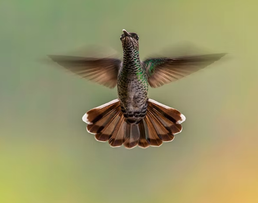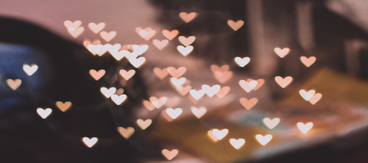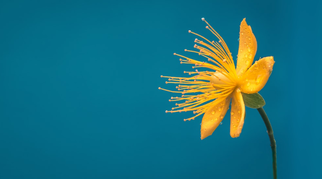|
April is National Poetry Month! As it turns out, many believe that some of the most philosophical, romantic, and lyrical poetry in the world comes out of Persian culture—going back thousands of years of recorded history. So, this seems an appropriate month to recognize some Persian poetry—and to have a taste (or retaste) of it! Some of us poetry aficionados may recognize the big names of Persian poets like Hafez, Saadi, Ferdowsi, and Khayyam (whose famous translated works appear in the popular book The Prophet). And if you happen to be of Persian heritage, chances are that either you or someone you know of like heritage can recite poetic verses by heart when they feel so inspired—something I admire a lot about Iranian culture. Back in the day, when my husband and I were first dating, the mere sound of some of the love poetry he recited spontaneously would play on the strings of my heart. And they still do. Of course, love poetry across the world is often complicated, expressing a contradictory mix of feelings like joy, longing, fulfillment, loss, grief, and hope. Poetry that reverberates and is often meant to be read aloud. And if the poem is both heard and enacted—engaging the senses of both sound and sight—perhaps it can be appreciated all the more. It just so happens that there is an ancient Persian poem written three centuries ago, commonly referred to as Navaii (pronounced “Na-vah-EE”)--but better recognized in Iranian popular culture as a folksong by the same title. Although there are conflicting views on the origin of the poem and what the title means, most sources agree that among other possible meanings, the word navaii can refer to a sound proclaimed, as in a song. At face value, this poem-turned-folksong seems to refer to a grieving lover’s broken heart over a lost love. But others interpret it as referring to love on a more transcendent, spiritual plane—to a land of love where the heart, “a wild bird,” seeks to dwell and find its true home. In recent days and weeks, Navaii has been circulating on YouTube across cultures and continents. And it is presented both visually and vocally by the beautiful Iranian American actor/artist Niousha Noor—who enhances the richness of its presentation with fellow world citizens singing across the globe. As we witness and take in the melancholy of this simple poem—bemoaning the universal human experience of love lost or betrayed—we also detect an unmistakable spirit of love and hope among the singers. Given the words of grief and suffering in the poem (see English translation below), how can love and hope also be so evident? I believe they come from a collective empathy, that transcendent love, and a solidarity shared among the singers—who in turn invite us into a solidarity of hope. Hope for whatever is needed, hope for love to win out. What do you think? Interestingly, April is also the National Month of Hope. I hope you’ll take two minutes to click onto, watch, and listen to Navaii--this old Persian poem sung in a new way--as interpreted by Ms. Niousha Noor: (An English translation of the poem follows below.) NavaiiCHORUS Navaii! Navaii! Navaii! Navaii! Your youth passes you by, but its worth you don’t see.
It will not easily return. (Repeat Chorus) 2. How wondrous Is the land of love! In that place, there’s no distinction Between a beggar and a king! (Repeat Chorus twice)
3. Navaii! Navaii! Navaii! Navaii! Everyone else is faithful, But you, O Flower-- You are not.
0 Comments
|
AuthorDr. Leslie Ahmadi discovered her intercultural calling in her parents’ home at age four--where between the jazz, the spirituals, and the rock ‘n roll music, she heard folk songs in languages from around the world. Thirty years later she had a doctorate in foreign language and culture education--and her folk song guitar never far away. Archives
July 2024
Categories |




 RSS Feed
RSS Feed